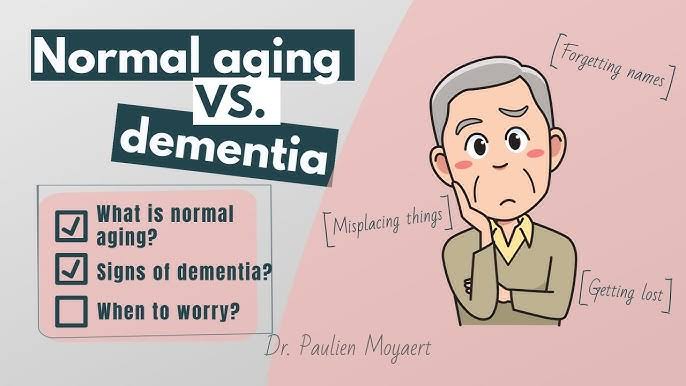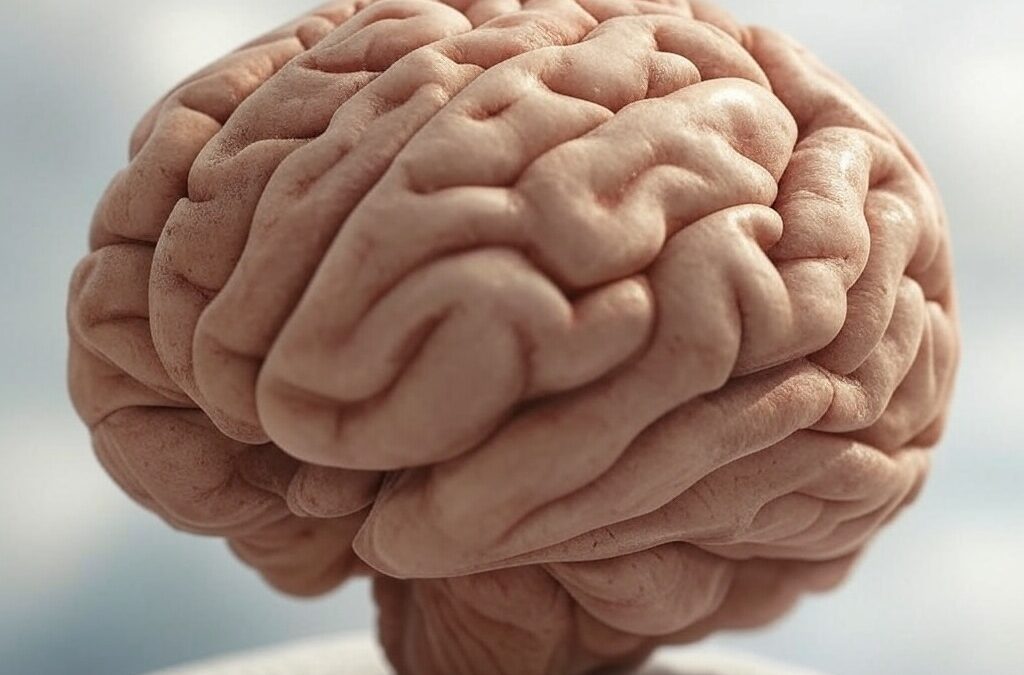Discover 10 Science-Backed Exercises That Work to boost your memory and keep your brain sharp!
Have you ever walked into a room only to forget why you went there? Or struggled to recall someone’s name moments after an introduction?
These memory lapses are common, and while they can be frustrating, they don’t always signal something serious. However, as we age, they can become more frequent, making us wonder—how much forgetfulness is normal?
The Truth
The truth is that memory loss isn’t an inevitable part of aging. Your brain is like a muscle – it needs exercise to stay strong, flexible, and resilient. Just as regular physical exercise keeps your body healthy and vibrant, mental stimulation and exercise can keep your brain sharp, focused, and capable of learning new things at any age.
In fact, memory at any age is imperfect,” said Shawna Reigel, M.D., Primary Care Physician at Inspira Medical Group. “Our brain processes incredible amounts of information every second, and there’s simply not enough room to store it all. So forgetting is actually an important part of how memory works.”
But the good news is that, despite the natural limitations of memory, the brain has an incredible capacity for growth and development. Scientific Research has shown that the brain retains its ability to form new connections throughout life, a process called neuroplasticity. This means that you can train your brain to stay sharp, improve recall, and slow cognitive decline..
Pretty amazing ….right?
In this article, we’ll explore how aging affects memory, the difference between normal forgetfulness and dementia, and 10 powerful brain exercises to boost your memory and keep your brain sharp.
How Aging Affects Memory
Your brain undergoes natural changes over time. While some of these changes may slow down processing speed, they don’t necessarily lead to memory loss.
Understanding these shifts can help you differentiate between normal aging and cognitive decline.
- Changes in Brain Structure: The hippocampus, the part of the brain responsible for forming and retrieving memories, tends to shrink with age. This can make it harder to absorb and recall new information.
- Slower Processing Speed: Information retrieval may take longer as you get older, but that doesn’t mean the information is gone. Your brain just needs more time to access it.
- Increased Susceptibility to Distractions: Filtering out background noise and irrelevant information can become more challenging with age, making it feel like your memory is slipping.
- Decline in Neurotransmitters: The production of key brain chemicals like dopamine and acetylcholine, which support learning and memory, naturally decreases over time. This can impact memory retention.
While these changes are normal, major memory loss is not an inevitable part of aging. The brain has the ability to adapt, grow, and stay sharp if properly stimulated.
Normal Forgetfulness vs. Dementia: How to Tell the Difference
Not all memory lapses indicate cognitive decline. It’s essential to know when forgetfulness is a normal part of aging and when it may be a warning sign of something more serious, like dementia.

Here are few key differences:
| Normal Age-Related Forgetfulness | Possible Signs of Dementia |
| Occasionally misplacing items (keys, glasses) steps. | Frequently losing items and unable to retrace. |
| Forgetting names but remembering them later. | Forgetting names of close family members or longtime friends. |
| Walking into a room and forgetting why but remembering later. | Getting lost often in familiar places. |
| Occasionally struggling to find the right word. | Repeating the same phrases and struggling with languages. |
| Pausing to remember directions but eventually recalling them. | Forgetting how to get home from a familiar place. |
If memory loss disrupts your daily life, affects your problem-solving, or leads to confusion about time and places, it is important to consult a doctor. However, if your forgetfulness is minor, brain exercises can help boost your memory and keep your brain sharp.
10 Brain Exercises to Boost Your Memory and Keep Your Brain Sharp
Just like how physical exercises strengthen muscles, mental exercises also stimulate neural connections and improve cognitive functions.
Here are 10 evidence-based brain workouts to help keep your memory sharp.
- Learn Something New: Pick up a new skill like playing an instrument, speaking a new language, or taking an online course. Learning forces your brain to build new neural pathways, strengthening memory and problem-solving skills.
- Practice Visualization Techniques: Create mental images of what you need to remember. For example, if you park in section B3 of a garage, visualize a baby holding up three fingers. This technique improves recall by associating words with images.
- Do Brain Puzzles and Games: Crossword puzzles, Sudoku, and chess challenge your cognitive abilities and strengthen problem-solving skills. Research by Schultz et al. (2015) found that adults who engage in cognitively stimulating activities have improved brain structure and cognitive function, which can reduce the risk of dementia.
- Read and Summarize: Reading books, articles, or even news reports and then summarizing them aloud or writing them down forces your brain to process and retain information. This strengthens memory pathways.
- Meditate for Mental Clarity: Mindfulness meditation has been shown to reduce stress, improve focus, and enhance memory. Research published in Psychiatry Research: Neuroimaging found that meditation increases gray matter density in the hippocampus, the brain’s memory center.
- Use the 5-Senses Trick: Engage multiple senses when trying to remember something. For example, when meeting someone new, notice what they’re wearing (sight), how they shake your hand (touch), their voice tone (hearing), and even the environment’s smell. The more senses you engage, the stronger the memory association.
- Get Moving with Exercise: Physical activity boosts blood flow to the brain, improving memory and focus. Aerobic exercises like jogging, swimming, and even dancing stimulate the release of brain-derived neurotrophic factor (BDNF), a protein that helps maintain healthy brain cells.
- Challenge Yourself with Math: Instead of using a calculator all the time, try doing mental math. Calculate your grocery bill before checkout or solve math problems in your head. This simple habit keeps your brain active and engaged.
- Socialize and Engage in Conversations: Interacting with others exercises your brain by requiring you to process information quickly, recall details, and form responses. Studies show that social engagement helps prevent cognitive decline and lowers the risk of dementia.
- Teach Someone Else: One of the best ways to reinforce your memory is to teach someone what you’ve learned. Whether explaining a new concept to a friend or mentoring a student, you solidify your understanding and improve recall.
Strengthen Your Memory for a Sharper Mind
While age-related memory lapses are common, they don’t have to define your future. Your brain has an incredible ability to adapt and grow, but it needs consistent stimulation.
By engaging in these 10 brain exercises, you can improve recall, boost your memory, keep your brain sharp, enhance cognitive function, and reduce your risk of cognitive decline.
Start small, try one or two exercises daily—and gradually build your mental fitness.
If you’re experiencing significant memory loss, talk to a healthcare professional at myMedicines. And for extra peace of mind, consider getting myAdvantage private health cover to ensure that you have the best support for your cognitive health.
Your brain is your most valuable asset—keep it active, and it will serve you well for years to come!

 We use cookies to ensure that we give you the best experience on our website. If you continue to use this site we will assume that you are happy with it.
We use cookies to ensure that we give you the best experience on our website. If you continue to use this site we will assume that you are happy with it.